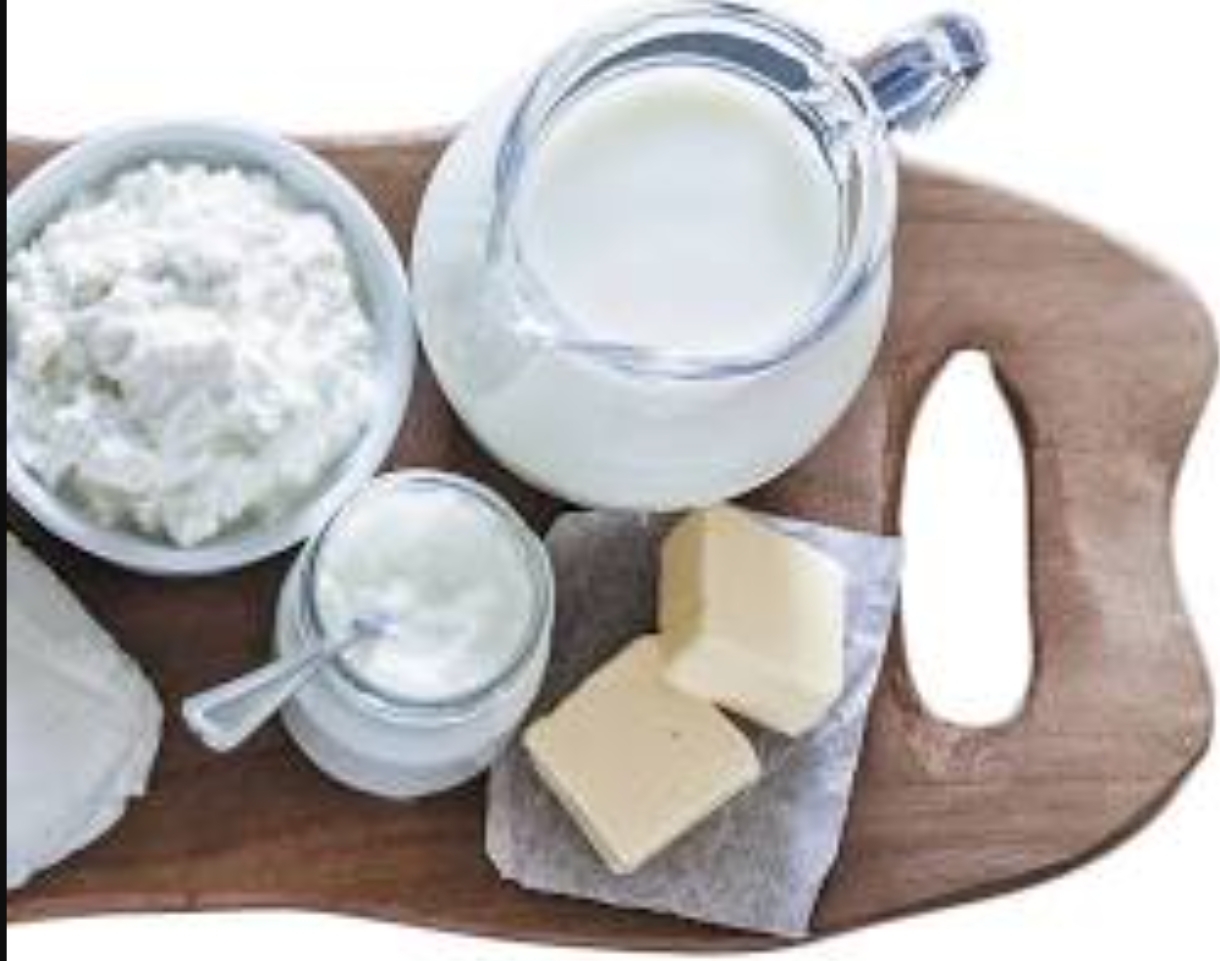Uric acid is a waste product created when your body breaks down purines, which are substances found naturally in the body and in some foods. Normally, your kidneys filter uric acid out of your blood and it leaves your body in your urine.
However, sometimes uric acid levels can get too high in the bloodstream. This condition is called hyperuricemia. When this happens, uric acid can form sharp crystals that deposit in your joints and tissues. These deposits can lead to several health problems, including:
Gout: This is the most common complication of high uric acid levels. Gout causes sudden and severe attacks of pain, swelling, redness, and tenderness in the joints, especially the big toe.
Kidney stones: Uric acid crystals can also form stones in the kidneys, which can be very painful and may block the flow of urine.
Chronic kidney disease: Over time, high uric acid levels can damage the kidneys and lead to chronic kidney disease.
Other health conditions: There is some evidence that high uric acid levels may also be linked to an increased risk of heart disease, high blood pressure, and stroke.
It's important to note that not everyone with high uric acid levels will experience these problems. However, if you're concerned about your uric acid levels, it's important to talk to your doctor. They can measure your uric acid levels with a simple blood test and discuss ways to manage them, such as diet changes, medication, or lifestyle modifications.
Here are the foods you should avoid to control uric acid:


Organ meats:Organ meats, such as liver, kidney, and sweetbreads, are high in purines, which are broken down into uric acid in the body.

Red meat:Red meat, such as beef, lamb, and pork, is also high in purines. While you don't need to eliminate it completely, it's best to limit your intake.

Seafood:Certain types of seafood, such as shellfish, sardines, anchovies, and herring, are high in purines.

Here are some foods that can help control uric acid levels:


Low-fat dairy products:Low-fat dairy products, such as milk, yogurt, and cheese, are good sources of calcium and vitamin D, which may help lower uric acid levels.




If you are concerned about your uric acid levels, it is important to talk to your doctor. They can help you create a diet plan that is right for you.
.jpeg)



.jpg)

.jpeg)










